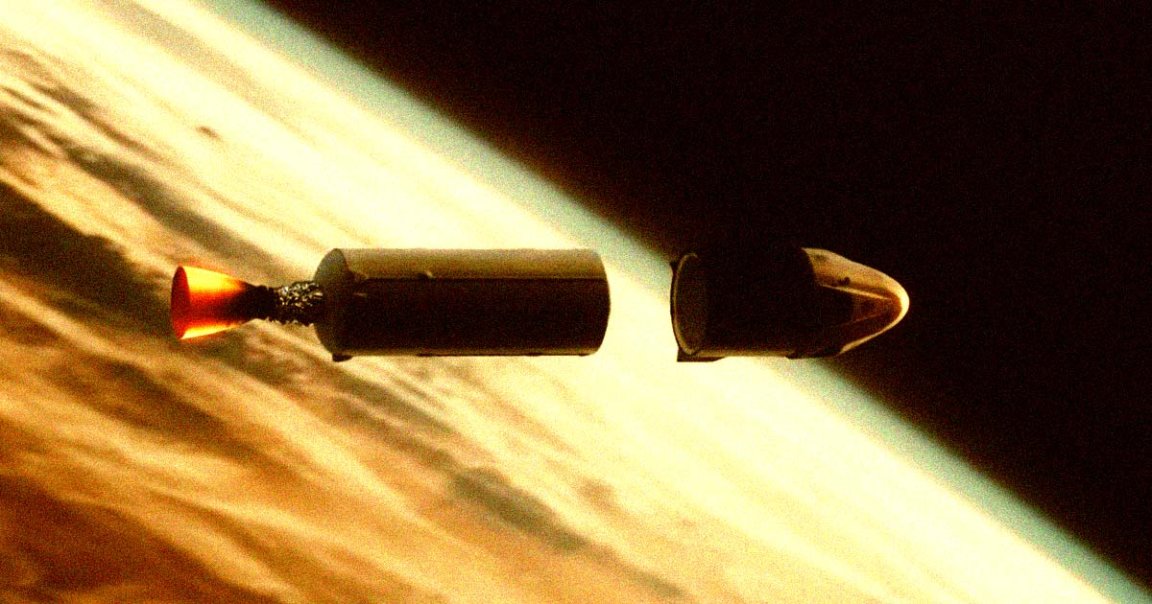
Rare SpaceX L
SpaceX has successfully delivered the Crew Dragon capsule slated to rescue stranded NASA astronauts Suni Williams and Butch Wilmore early next year. The pair recently watched as their original ride, Boeing’s issues-laden Starliner, returned to Earth without them on board.
But shortly after dropping off NASA astronaut Nick Hague and cosmonaut Aleksandr Gorbunov over the weekend, the upper stage of SpaceX’s Falcon 9 rocket also experienced a rare mishap. During its return from orbit, the rocket “experienced an off-nominal deorbit burn,” according to a statement posted to X-formerly-Twitter by the Elon Musk-led company.
The stage was always meant to be “disposed” in the South Pacific Ocean. But as a result of the anomaly, the rocket landed just east of New Zealand, which was “outside of the targeted area,” according to the company.
While that may not sound like a big deal on the face of it, having a massive metal structure careen out of control while plummeting back down to Earth can pose some very real risks.
SpaceX has voluntarily put any future Falcon 9 launches on hold.
“We will resume launching after we better understand root cause,” the company wrote.
Ground Control
It’s not the first issue with a Falcon 9 that SpaceX has encountered lately. In July, the rocket sprung a liquid oxygen leak during a Starlink internet satellite launch, causing it to explode.
The extremely rare event — at the time, the company had launched 344 Falcon 9 rockets in a row without incident — led to the Federal Aviation Administration grounding all Falcon 9 rockets.
And last month, the rocket was grounded yet again after a first-stage booster caught fire and toppled over while attempting to land on a floating barge.
We’ll have to wait until SpaceX releases more info about the latest issue. It’s unclear if the incident is in any way related to the previous mishaps.
We still don’t know how long Falcon 9 will be grounded this time. Following the July incident, the company paused launches for a mere 15 days.
Fortunately, considering it was always designed to drop into the ocean, it doesn’t seem like anybody was ever at risk of getting hurt.
The FAA has yet to comment on the latest “off-nominal deorbit burn,” but it’s confidence-inducing that the company is willing to hold itself accountable in the meantime.
More on SpaceX: NASA Almost Gave All Its Crew Funding to Boeing’s Disastrous Starliner, Leaving SpaceX Out in the Cold